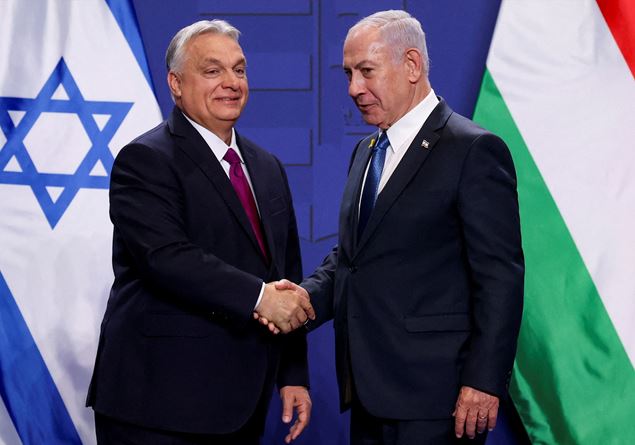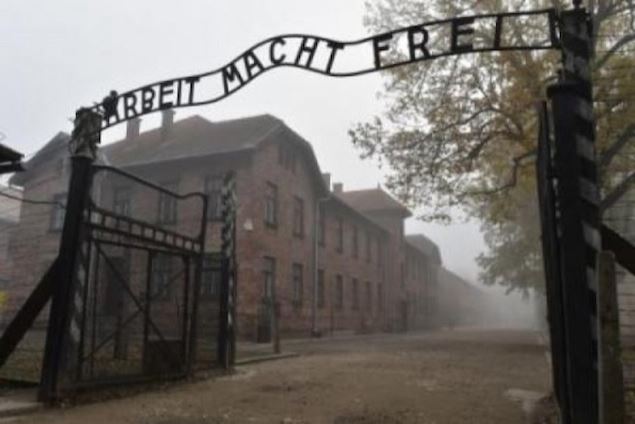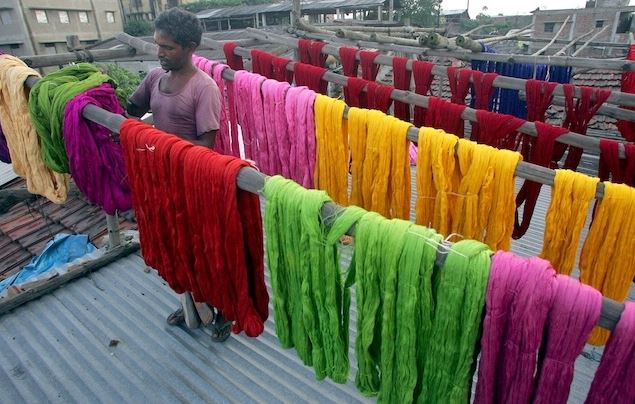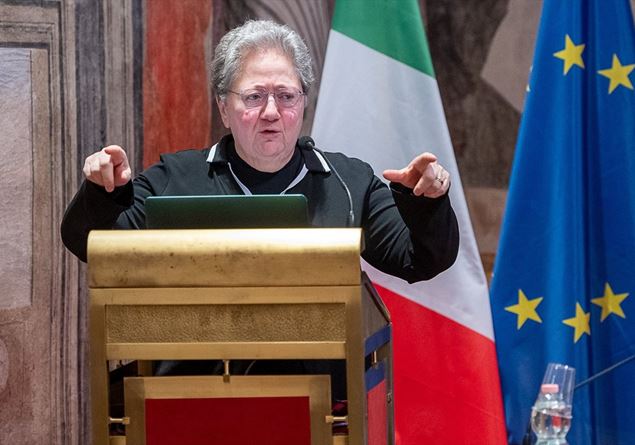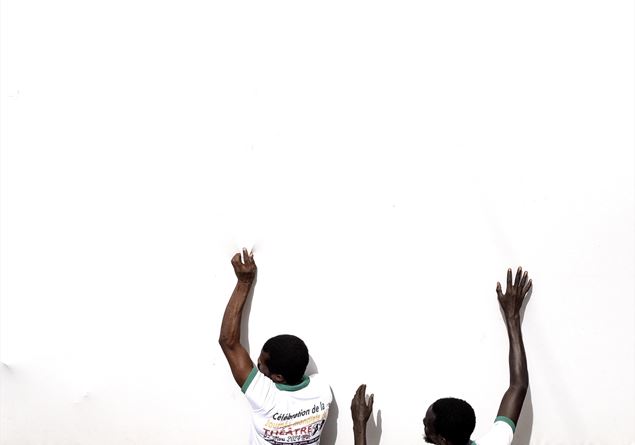If 80 years ago when Primo Levi, still in the concentration camp, began to write on slips of paper with a pencil stub, the fear of the survivors was to see the dream of returning, telling and not being believed materialise, so great was the horror of Auschwitz, the symbolic camp of the Shoah liberated on 27 January 1945, and it is no coincidence that it was an international symbol of the memory of the extermination of the Jews in Europe by fascism. Today, when there are few direct witnesses left, who feel their time is short, the fear that we hear recurring in the words of Liliana Segre, of Edith Bruck, of Sami Modiano, is that after them only a sentence remains in the books of historythat memory, in a climate that no longer has the desire or interest in cultivating it, fades away with them.
We perceive, today that under the most varied pretexts, these over ninety-year-olds, fragile and strong, who have never lowered their heads, who have painfully taken on the burden of bearing witness to the extermination even on behalf of those who, as Primo Levi said, saw the bottom of the abyss and were unable to tell the story again.
Their anguish today is that the truth, because this is what it is about, will be buried with them: as long as they are there no one will be able to say “this didn’t happen” anymore, but what about afterwards?
They see, how can we deny it?, around them a world that has cleared the Roman greetings, the symbols of horror, words and gestures that only until recently were taboos relegated to indecency; they see the era of post-truth advancing, on whose premise Nazism built the foundations of its lie ante litteram: repeating a falsehood endlessly is the way to make it penetrate, to make it “true”, believed, regardless of its foundation.
In the social media era all this is amplified by the pervasiveness of the means: the contents change, but the enemy’s factory still works in the same way, only it goes everywhere and faster. How can we not understand their fears in this world, which demands of them, who were children, innocent and deported, 80 years ago, to justify themselves for the distortions of Israel’s current choices? How can we not understand them in the era of artificial intelligence in which the boundary between true and false becomes increasingly blurred and difficult to distinguish, in which the fabrication of a well-packaged falsehood is so close at hand.
We have no other tools to protect the peace of their fragile silver years than to make the commitment to take it upon ourselves to continue their work, to re-establish the truth every time it is denied on any pretextto try transmit to those who come after the critical sense necessary to not believe every hoax replicated endlessly on the Internet.
It won’t be easy, it will be the arduous challenge of the present and the future but we owe it to Liliana Segre, to Sami Modiano, to Edith Bruck, to Tatiana and Andra Bucci, as we owe it to ourselves, to our history, to the too many who are not returned, to those who come later and will no longer be able to count on the voices of those who have returned to tell the story.
